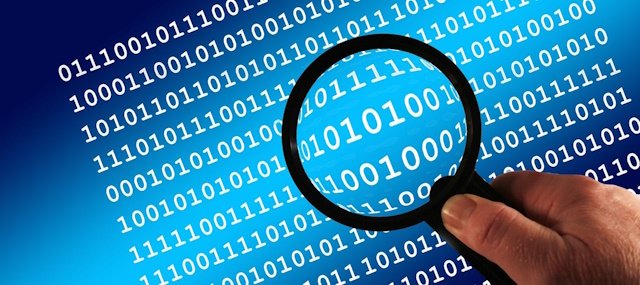
Digital Forensics Foundation Investigators Course
The 3-day Digital Forensics – Foundation for Investigators course provides essential knowledge and practical skills for professionals involved in investigating digital incidents, cybercrimes, and data breaches. Whether you’re starting a career as a digital forensic investigator, cybersecurity analyst, or part of an incident response team, this course equips you with the skills to analyse digital evidence effectively.
Through hands-on exercises using free and open-source tools, the course allows students to develop a foundational understanding of how to conduct a methodical digital forensic investigation.
On the third day students will be engaged in a full day case study focused on data leakage, allowing the student to apply the skills learned throughout the course to solve a real-world scenario.
หลักสูตรถูกออกแบบโดยผู้ที่มีประสบการณ์ เพื่อให้เนื้อหามีประสิทธิภาพตามความต้องการและสามารถนำไปใช้ในการปฏิบัติงานได้จริง
Who Should Attend:
The course is ideal for IT staff or members of an incident response team, cybersecurity analysts or people starting a career as a digital forensic investigator.
Prerequisite:
Must have successfully completed the Digital Forensics – Data Collection for First Responders Course.
หลังจากการเรียนหลักสูตร:
This course will provide you with the forensic knowledge and skills necessary to be able to conduct a methodical investigation of various sources of electronic data.
Day 1 / วันที่ 1
- Section 1 – Quick Recap
- แนวทางการปฏิบัติที่ดีสำหรับการจัดการหลักฐานดิจิทัล (Good Practice Guidelines for Digital Evidence)
- The 4 Principles of Digital Evidence
- 5 Stages of an Investigation
- Section 2 – Understanding Hard Drive Terminology
- ฮาร์ดไดรฟ์แบบดั้งเดิม (Traditional Hard Drives)
- ฮาร์ดไดรฟ์ SSD (SSD Hard Drives)
- เข้าใจความความหมายของฮาร์ดไดรฟ์ (Understanding Hard Drive Terminology)
- มาตรฐานฟิร์มแวร์ของอุปกรณ์ (Unified Extensible Firmware Interface (UEFI))
- การแบ่งพาร์ทิชั่นแบบ GUID (GPT) (GUID Partition Table (GPT))
- Section 3 – File Systems & Data Storage
- NTFS File System
- พื้นที่จัดเก็บข้อมูล (Data Storage)
- บทนำของ Metadata (Introduction to Metadata)
- การเข้ารหัส NFTS (NTFS Encryption)
- Section 4 – Forensic Analysis Techniques
- การวิเคราะห์สภาพแวดล้อม (Analysis Environments)
- การเตรียมเคสหรือโปรเจ็ค (Case Preparation)
Day 2 / วันที่ 2
- Section 4 – Forensic Analysis Techniques (Continue)
- การกู้คืนไฟล์/โฟลเดอร์ (File/Folder Recovery)
- ลายเซ็นไฟล์ (File Signatures)
- การค้นหาหรือแกะสลักข้อมูล (Data Carving)
- วิธีการลดขนาดข้อมูล (Data Reduction Methods)
- การยืนยันและสนับสนุนพยานหลักฐาน (Corroborating Evidence)
- Section 5 – Windows Forensics Artefacts
- การวิเคราะห์ฐานข้อมูลการตั้งค่าของระบบปฏิบัติการ Windows Registry
- การวิเคราะห์ USB Forensics
- การระบุแหล่งข้อมูลพยานหลักฐาน (Identifying Sources of Evidence)
- ประวัติของอินเทอร์เน็ต (Internet History)
- ไฟล์ Prefetch (Prefetch Files)
- การวิเคราะห์การระบุซอฟต์แวร์ที่ถูกติดตั้ง (Identifying Installed Software)
- การวิเคราะห์ระบบสำรองข้อมูล Shadow Copies
- การวิเคราะห์การระบุโปรแกรมที่ถูกใช้งาน
- การวิเคราะห์ Link File
- การค้นหาฐานข้อมูลการตั้งค่า (Searching the Registry)
- บันทึกเหตุการณ์ (Event Logs)
Day 3 / วันที่ 3
- Section 6 – Case Study- Data Leakage Exercise
- Case Study – Data Leakage Exercise (Full Day)

